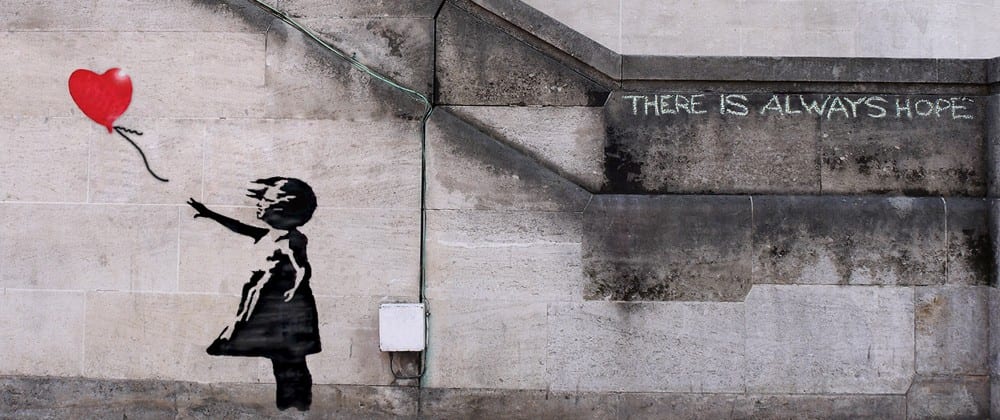The Contemporary in Historical Contexts.
In his work The Haunted Stage, Marvin Carlson states that;
‘This process of using the memory of previous encounters to understand and interpret encounters with new and somewhat different but apparently similar phenomena is fundamental to human cognition in general, and it plays a major role in the theatre, as it does in all the arts. Within the theatre, however, a related but somewhat different aspect of memory operates in a manner distinct from, or at least in a more central way than in, the other arts, so much so that I would argue that it is one of the characteristics of theatre’ (Carlson 2001, 6-7).
If this is the case, then audiences will never be able to fully detach from the memories they have of actors in previous roles, theatres they have visited before or productions already seen.
Whilst preparing my presentation for today’s seminar, I was particularly mindful of the quote above as the play I chose to speak about was a performance of Waiting for Godot starring Sir Patrick Stewart and Sir Ian McKellen. This performance was inherently ghosted as soon as these two actors were cast in the roles of Vladimir and Estragon, due to them both being so well known for other roles. Patrick Stewart is probably best known for his portrayal as Captain Jean-Luc Picard from Star Trek but also to more contemporary audiences as Charles Xavier in the X Men film series. Ian McKellen also suffers the same fate as he is equally well known for portraying Gandalf the wizard in the Lord of the Rings film series and also starred alongside Patrick in the X Men movies as Magneto. Whilst I’m sure these actors are proud of all their previous roles, it must also be frustrating to be ‘ghosted’ by previous performances and not have audiences be able to view you with completely fresh eyes. It is also difficult for us as audience members not to come to the theatre to see such a performance without some notion of how we expect them to act and what we expect them to be. In an interview with Time Out magazine online, Patrick stated “I’ve no doubt that some people come to see Gandalf and Jean-Luc Picard”. Clearly, Patrick is familiar with the concept of ‘ghosting’ within theatre and performance.
A clip of Waiting for Godot, starring Sir Ian McKellen and Sir Patrick Stewart.
Session notes:
During the seminar, it was said that ‘Ghosting is a cultural recycling of memory’, which was an excellent way to describe the way in which we frame the concept. I found this quote by Carlson fascinating too:
‘All theatre…is a cultural activity deeply involved with memory and haunted by repetition. Moreover, as an ongoing social institution it almost invariably reinforces this involvement and haunting by bringing together on repeated occasions and in the same spaces the same bodies (onstage and in the audience) and the same physical material’. (Carlson 2001, 11).
Another thought that came out of the discussion was that ‘theatre is both alive and dead at the same time’, a concept which is both invigorating and devastating simultaneously. As Blau wrote, the theatre:….’is always at vanishing point’ (Blau 1982, 28) and Peggy Phelan commented: ‘Theatre becomes itself through disappearance’ (Phelan 1993, 146), suggesting we are only ever viewing a single moment in time, that can never be repeated and is always expiring before our eyes.
The theatre relies on our suspension of disbelief, even for a short time, however if we are unable to fully achieve suspension of our memories and detachment from our consciousness, (which as human beings is impossible) then we will always carry the ‘ghosting’ of actors, situations, performances, venues, costumes, tropes and semiotics.
Bibliography.
Blau, Herbert. (1982) Take Up the Bodies: Theatre at the Vanishing Point. Urbana, Il, University of Illinois Press.
Carlson, Marvin. (2001) The Haunted Stage: The Theatre as Memory Machine. Ann Arbour: University of Michigan Press.
Phelan, Peggy. (1993) Unmarked: the politics of performance. London: Routledge.
Edwardes, J. (2009) Patrick Stewart and Ian McKellen: Interview. Timeout, Date unknown. Available from http://www.timeout.com/london/film/patrick-stewart-and-ian-mckellen-interview [accessed 5 Oct 2016].

